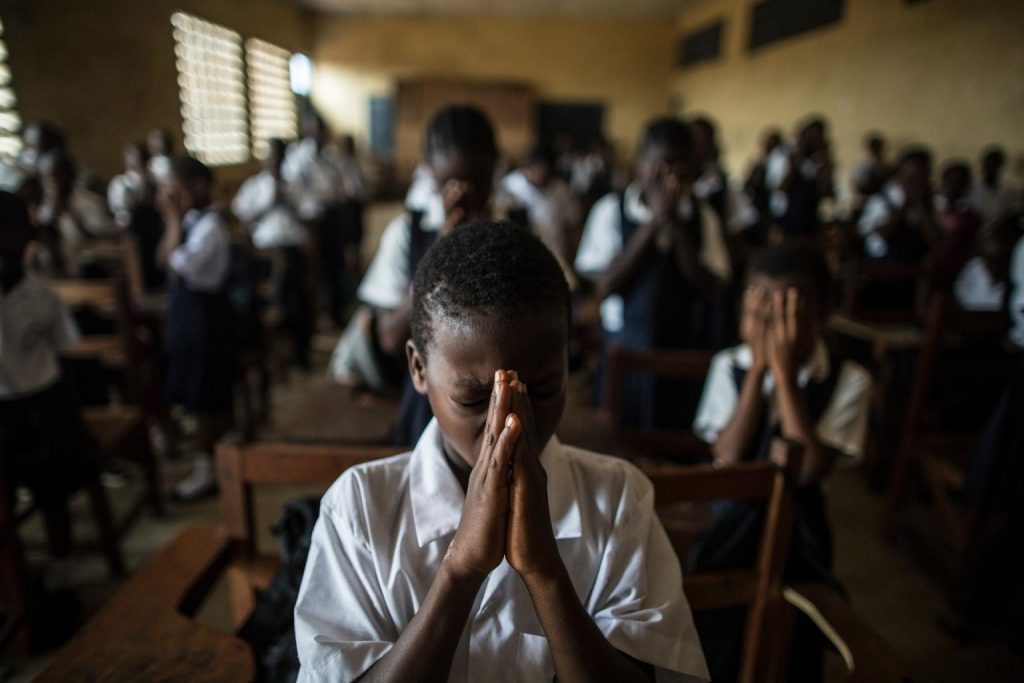Political impact and implications: Initial analysis suggests that governments’ poor management of the Ebola crisis has generated frustrations and exposed citizens’ lack of trust in their governments. The Ebola crisis is likely to play a very political role in the next election in Sierra Leone and there are predictions that the opposition will win as a result. Economic impact and implications: The economic impact of the Ebola crisis includes loss of gross domestic output, threat to food security, fall in employment and livelihoods, and decline in foreign investment. Growth has slowed in Sierra Leone and is likely to fall even further. Household income has fallen, financial reserves are being used up and large numbers of people are now food insecure. Some businesses are benefiting from the local procurement by the international Ebola response.
Social impact and implications: Progress in human development is likely to be reversed due to the impact of the Ebola crisis on health, education and standard of living. Quarantines have had a disproportionate impact on the elderly, the poor, and people with chronic illness or disability. Those affected by Ebola or working to combat it (such as healthcare workers and burial teams) face stigmatisation. Social cohesion is also being weakened by ‘do not touch’ policies. Women and children are particularly affected by the crisis. Almost 2 million children have not been attending school in Sierra Leone due to school closures, which means loss of education and increased risks of drop-out, teen pregnancy and child labour. Health systems have collapsed and non-Ebola related mortality is increasing.Security impact and implications: Ebola poses a threat to the safety of the countries affected by the current outbreak. There have already been riots and tensions are rising. The diversion of development spending, especially for roads, energy, building schools and hospitals, to the Ebola response, could have a negative impact on peace dividends.



